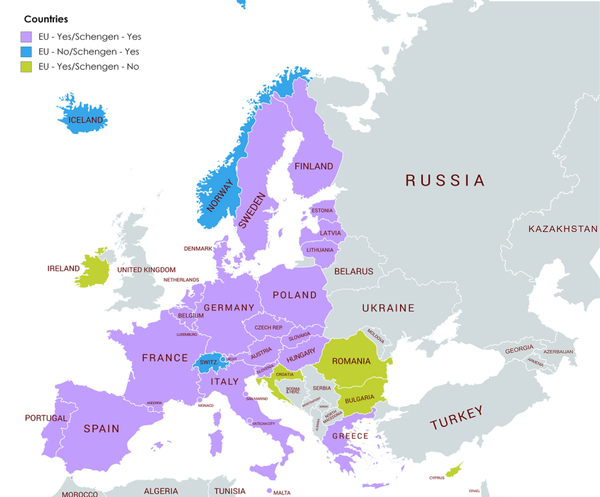
Progress report pushes EU's AI Act forward
Slovenia, which holds the EU presidency, has released a progress report on the European Union’s draft artificial intelligence act (‘AIA’) on 29 November. Among the suggested modifications, EU member states would like to retain their national competence over AI affairs in terms of national security and military matters, and would also like to exclude the EU from regulating AI systems having to do with scientific research and development.
The progress report, accompanied by a compromise document from the Slovenian presidency, also provides a comprehensive definition of AI systems as well as of AI providers, which are tasked with ensuring compliance with the regulations. So-called ‘general purpose’ AI systems will only be subject to the rules if they are trademarked or a component part of a system that falls under the regulation.
Among the unacceptable risks identified within the report is social scoring – rating individuals based on data collected about their actions, including judging citizens’ behaviour and trustworthiness – such as that practiced in China. Changes to that aspect of the regulation could deeply affect the abilities of the lending and insurance industries in how they determine customers’ interest rates and the premiums they pay.
The legislation also covers biometric recognition, defined as identifying individuals without their consent.
Meanwhile, in a letter to the European Commission, 114 civil society organisations have expressed their reservations about the Act’s ability to protect people’s fundamental human rights and lessen the misuse of AI. The problem, those groups point out, revolves around the fundamental imbalance of power that tech firms have over individuals.
Within the letter, they write: “We specifically recognise that AI systems exacerbate structural imbalances of power, with harms often falling on the most marginalised in society”, calling for an AIA that focuses on fundamental rights.
The European Commission published its draft proposal of the AIA last April. Through risk-based assessment, the regulation aims to outline technical standards, promote transparency and launch a market-driven approach to developing the sector in Europe. It is likely to take several years, and go through several drafts, before the AIA comes into force.
Source: Euractiv, Computer Weekly





